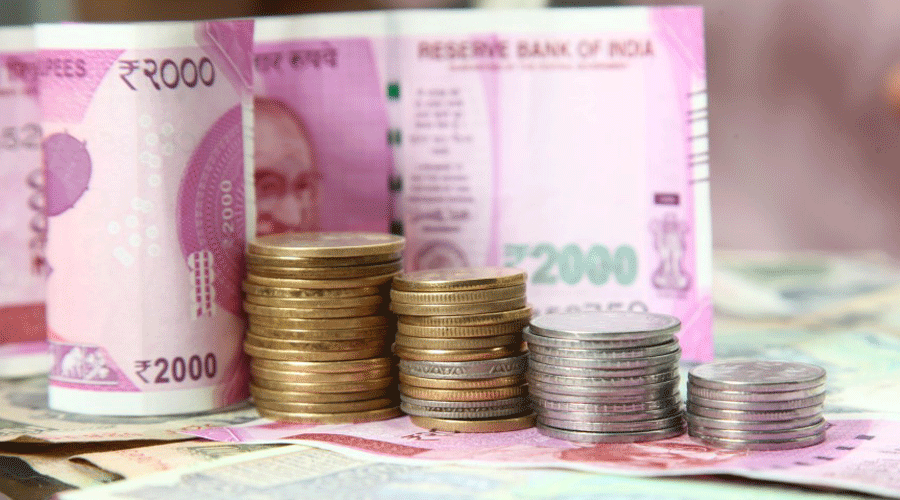The Reserve Bank of India (RBI) has made changes to the NEFT and RTGS systems for Foreign Contribution (Regulation) Act (FCRA) related transactions following the Home Ministry’s order for State Bank of India (SBI) to report details of overseas donors on a daily basis, including the purpose of remittances.
Under the FCRA, foreign contributions can only be received in the “FCRA account” of SBI’s New Delhi Main Branch, with contributions coming directly from foreign banks through SWIFT and from Indian intermediary banks through NEFT and RTGS systems.
Buy Prime Test Series for all Banking, SSC, Insurance & other exams
The Compliances by MHA:
To comply with the requirements of the Ministry of Home Affairs (MHA), the RBI has mandated SBI to capture donor details such as name, address, country of origin, amount, currency, and purpose of remittance for transactions, which SBI must report to the MHA daily. The new instructions will be effective from March 15, 2023.
RBI has also instructed banks to incorporate necessary changes in their core banking/middleware solutions to capture the requisite details while forwarding foreign donations through NEFT and RTGS systems to SBI.
FCRA Rules Tightening:
Since 2014, the FCRA rules have been tightened under the Narendra Modi-led government, resulting in the cancellation of FCRA registration for nearly 2,000 Non-Governmental Organisations (NGOs) for violating various provisions of the law. As of December 2021, there were 22,762 FCRA-registered organisations.
What is Foreign Contribution (Regulation) Act (FCRA):
The FCRA was enacted during the Emergency in 1976 in an atmosphere of apprehension that foreign powers were interfering in India’s affairs by pumping in funds through independent organisations. These concerns had been expressed in Parliament as early as in 1969.
The law sought to regulate foreign donations to individuals and associations so that they functioned “in a manner consistent with the values of a sovereign democratic republic”.
Objectives of FCRA:
- It requires every person or NGO wishing to receive foreign donations to be registered under the Act, to open a bank account for the receipt of the foreign funds and to utilise those funds only for the purpose for which they have been received and as stipulated in the Act.
- The Act prohibits receipt of foreign funds by candidates for elections, journalists or newspaper and media broadcast companies, judges and government servants, members of legislature and political parties or their office-bearers, and organisations of a political nature.
Amendments in FCRA:
- It was amended in 2010 to “consolidate the law” on utilisation of foreign funds, and “to prohibit” their use for “any activities detrimental to national interest”
- The law was amended again by the current government in 2020, giving the government tighter control and scrutiny over the receipt and utilisation of foreign funds by NGOs.
You may also read: RBI Cancels Registration of Two Entities for Regulatory Lapses




 Legendary Bengali Author Shankar Passes ...
Legendary Bengali Author Shankar Passes ...
 List of Dadasaheb Phalke Award Winners f...
List of Dadasaheb Phalke Award Winners f...
 Which Dance Form is known as the Ballad ...
Which Dance Form is known as the Ballad ...








